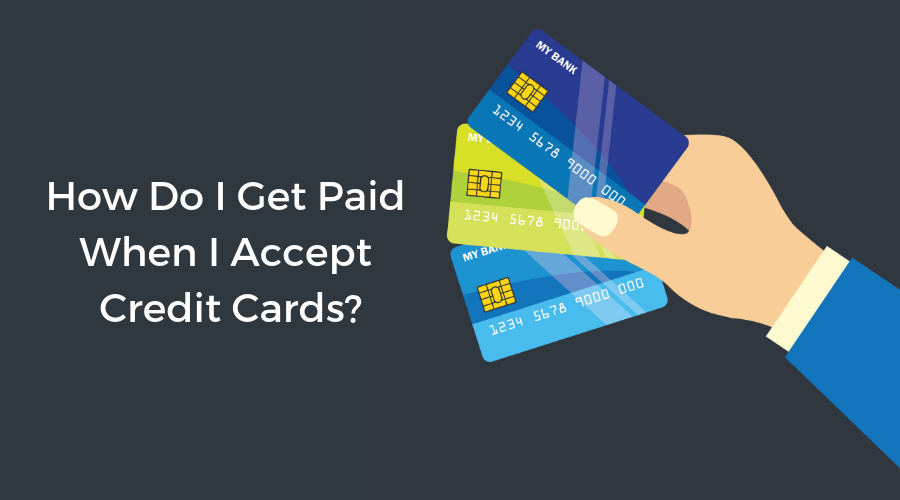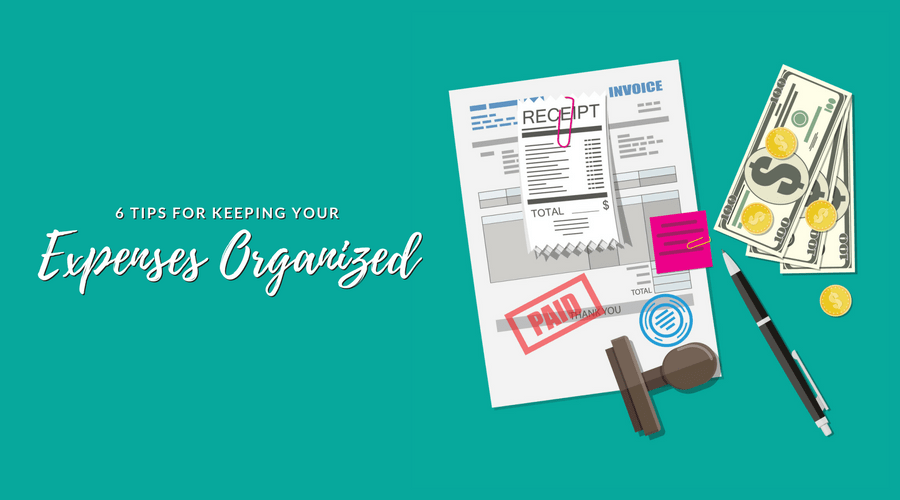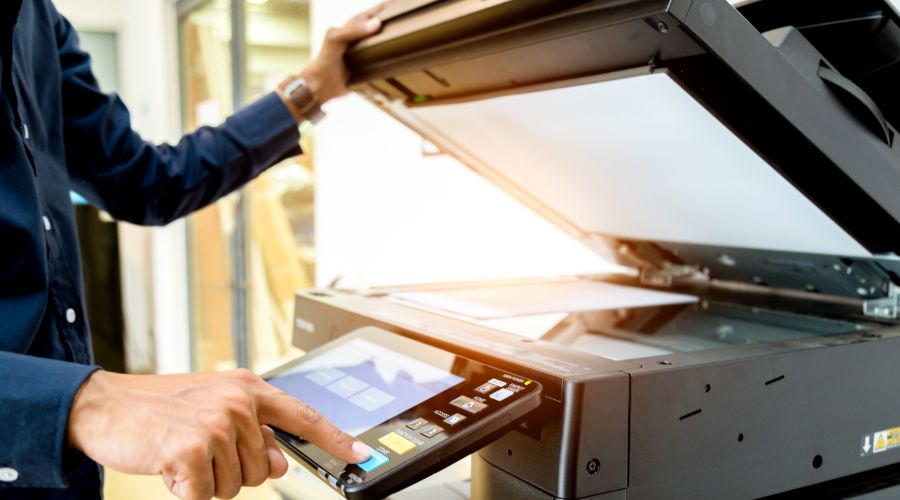How Do I Get Paid When I Accept Credit Cards?

A lot of people don’t carry cash anymore. You’d probably prefer it if people bought your products or services in cash because you’d be paid immediately. Many people shopping at your small business, however, will probably use a debit or credit card. Keep reading to learn more about how you’ll get paid when someone swipes their card.
How does accepting a credit card work?
When a customer swipes or inserts their credit card in your point-of-sale system, a few things happen very quickly:
- The card information is sent to the processing network.
- The issuing bank (like Wells Fargo or Chase) checks to ensure there’s enough credit available for the transaction. For debit cards, the bank will check that there’s enough cash available in the customer’s account.
- The credit card association (Visa, MasterCard, Discover, or American Express) runs anti-fraud checks.
- If there’s enough money on the card and it’s not a fraudulent charge, the purchase is approved.
You’ll likely submit your receipts to your credit card processor at the end of each day. They’ll pay interchange rates and take out their fees. Then, they’ll send the funds to your merchant account. It will probably take a few days for the money to appear in your account.
Read also: Card Brand Fees vs. Interchange Fees – What’s the Difference?
Where does the money go?
Your credit card processor will send the money to your merchant account. It’s a bank account that allows you to accept debit and credit cards. Without one, you would never get paid after a credit card or debit card transaction.
After the funds have been deposited into your merchant account, they’ll be transferred into your business bank account. This transfer is usually on a set schedule, like weekly, bi-weekly, or monthly. Read your contract with the credit card processor carefully to ensure you know when they’ll release your funds and to learn what their fees are.
At the end of the year, you’ll likely receive Form 1099-K from your credit card processor. Learn more about Form 1099-K.


